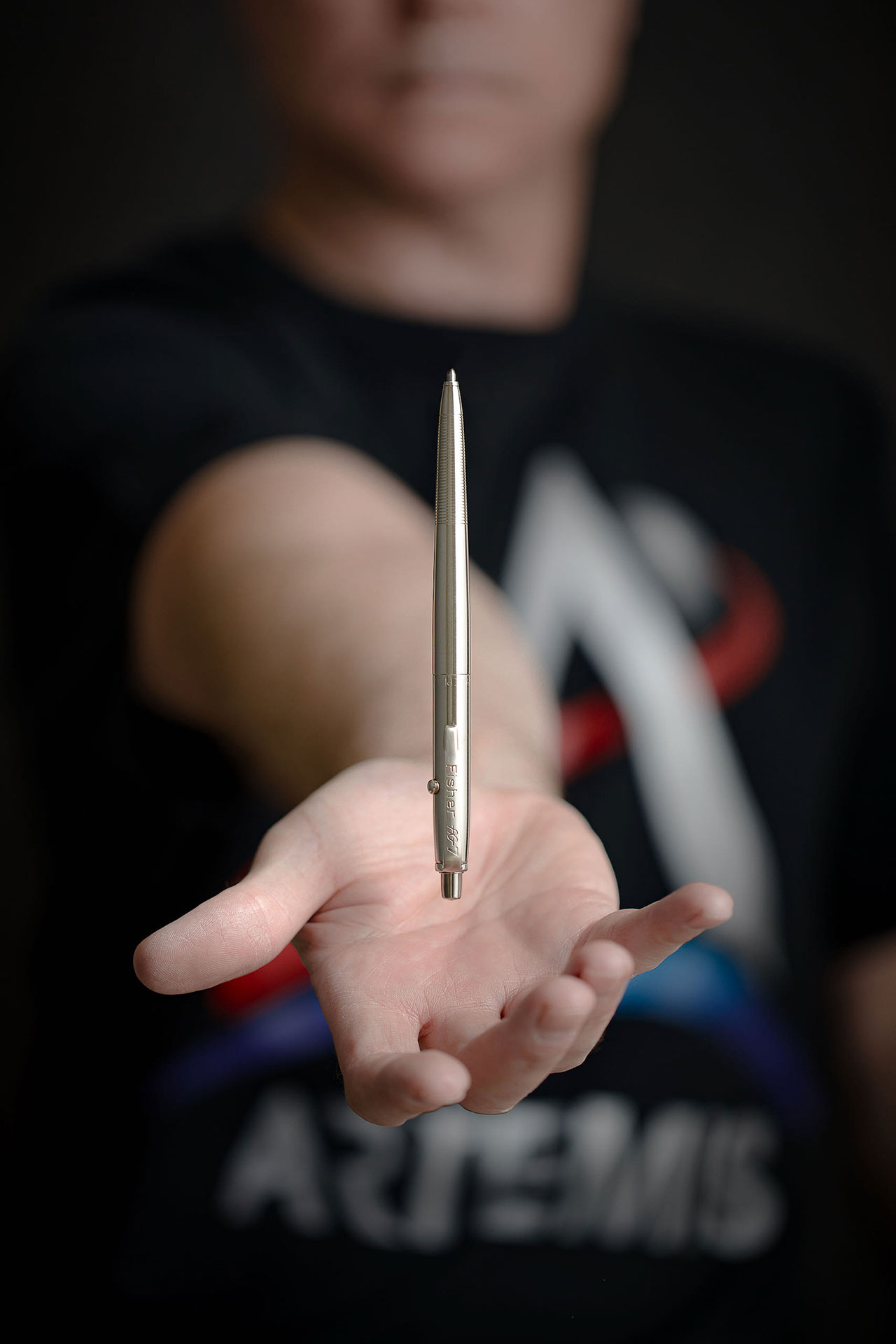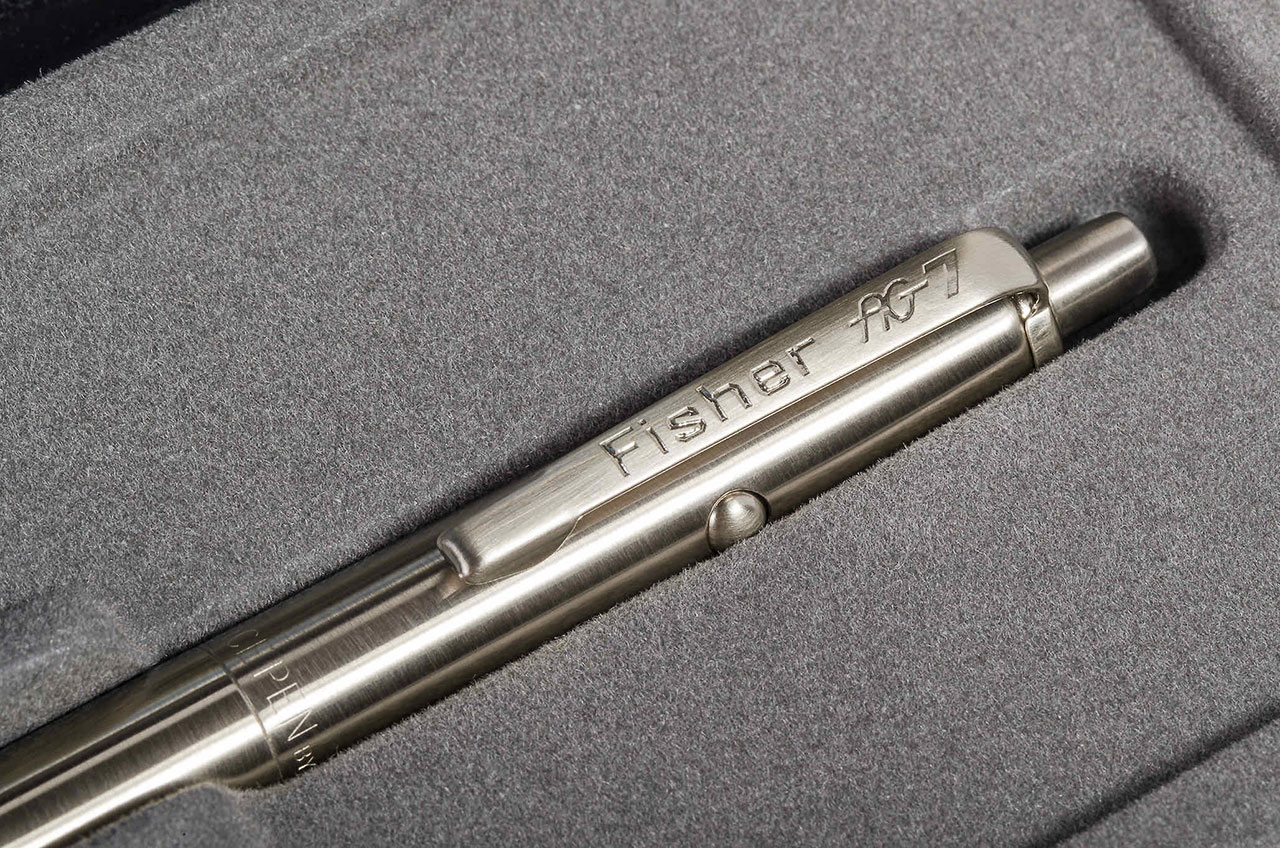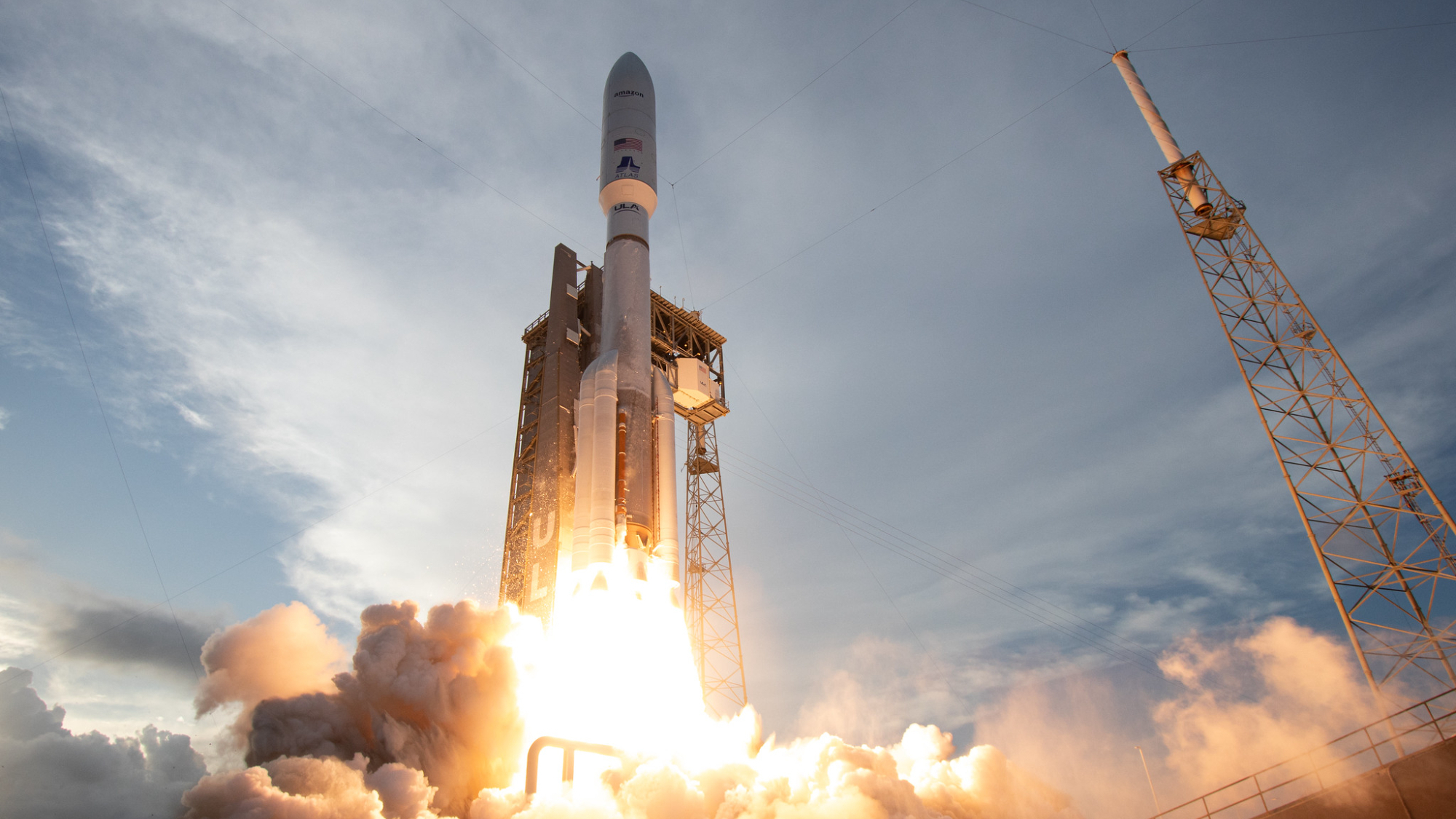Fisher debuts Artemis, Moonwalker space pens for return to moon

Fisher Space Pen is ready for NASA's next missions to the moon, 50 years after its writing instruments were used by astronauts on the lunar surface.
The Nevada-based, family-run company has introduced its new Artemis Space Pen series, as well as a special edition of its original model space pen that made history on NASA's Apollo missions. All of the new pens feature Fisher's patented pressurized ink cartridge that allows them to write in the extreme environments of outer space, as well as upside down, under water and on almost any surface on Earth.
"Fisher Space Pen is used on every NASA crewed space mission, as well as on the International Space Station. Our new Artemis Space Pen series honors the space pioneers of NASA's Apollo program and looks to the future of space exploration on the moon, Mars and beyond," Matt Fisher, vice president of Fisher Space Pen, said in a statement.
Related: How NASA's Artemis moon landing with astronauts works

Each of the pens in the new Artemis series are emblazoned with NASA's program logo, representing the space agency's goals of returning astronauts to the moon, establishing a sustainable presence on the lunar surface and then proceeding to Mars. The Artemis I mission, which is targeted for launch this spring, will mark the first integrated test of NASA's new Space Launch System (SLS) rocket and Orion spacecraft on a three-week, uncrewed mission around the moon.
Fisher's Artemis Space Pens include three models: a matte black retractable pen, which retails for $25; a matte black "Bullet" pen for $33; and a white plastic barrel retractable pen for $14.25. Each model can be personalized with an engraving.
Also new is the AG7 Moonwalker Space Pen, which continues Fisher's history of serving NASA, as well the agency's commercial and international partners, as they work together to create the first long-term presence on and around the moon. The Moonwalker pen is constructed of solid brass and is finished in nickel titanium with a retractable side release button and sturdy writing point.
Breaking space news, the latest updates on rocket launches, skywatching events and more!
By using the AG7, the same model as the first pens that were certified by NASA for use in space, the Moonwalker also honors the pioneers that paved the way for today's Artemis Generation crew members. The late founder of Fisher Space Pen, Paul Fisher, invested over $1 million and years of research to develop the original AG7, which was then adopted by NASA in 1968.

"My brother Paul and I recently sat down with Col. Walter 'Walt' Cunningham, Apollo 7 lunar module pilot and last living member of the Apollo 7 crew — the first to use the Fisher Astronaut [AG7] Space Pen in zero gravity — to recount his experiences aboard the historic mission. We took the opportunity to gift Col. Cunningham our newest Fisher AG7 Moonwalker Nickel Titanium Astronaut Space Pen," said Fisher.
"It's working," said Cunningham, after initially trying out the new Moonwalker pen. "This is much nicer looking than the pen that we had."
The AG7 Moonwalker, which can also be engraved, comes in a gift box with a Moonwalker sleeve and retails for $150 each.
The original AG7 Space Pen, with its all brass body and hard chrome plating, is still used on every mission crewed by NASA, the Japan Aerospace Exploration Agency (JAXA), the European Space Agency (ESA), China National Space Administration (CNSA) and SpaceX. NASA has yet to say if Fisher or any other manufacturers' pens will fly on the Artemis missions.
Follow collectSPACE.com on Facebook and on Twitter at @collectSPACE. Copyright 2022 collectSPACE.com. All rights reserved.

Robert Pearlman is a space historian, journalist and the founder and editor of collectSPACE.com, a daily news publication and community devoted to space history with a particular focus on how and where space exploration intersects with pop culture. Pearlman is also a contributing writer for Space.com and co-author of "Space Stations: The Art, Science, and Reality of Working in Space” published by Smithsonian Books in 2018.
In 2009, he was inducted into the U.S. Space Camp Hall of Fame in Huntsville, Alabama. In 2021, he was honored by the American Astronautical Society with the Ordway Award for Sustained Excellence in Spaceflight History. In 2023, the National Space Club Florida Committee recognized Pearlman with the Kolcum News and Communications Award for excellence in telling the space story along the Space Coast and throughout the world.

